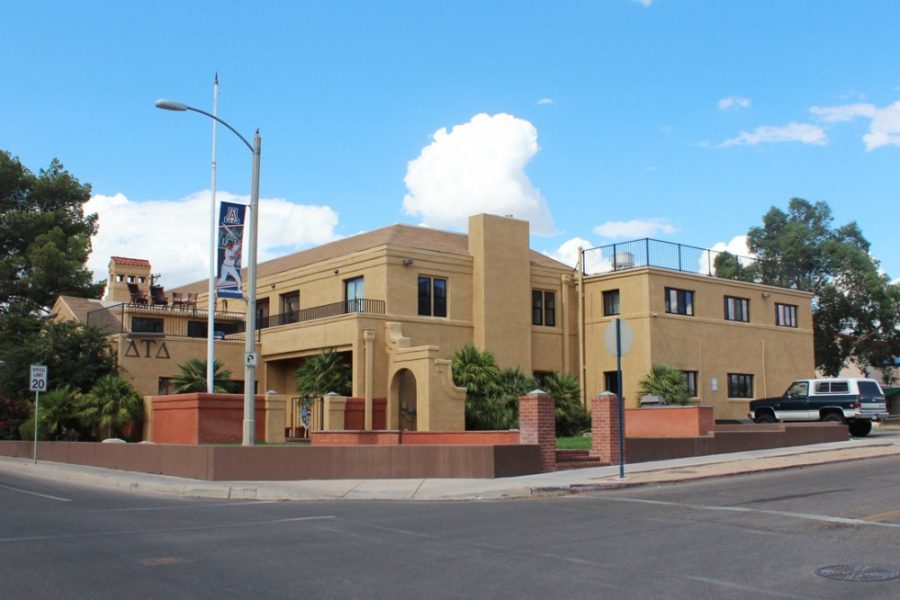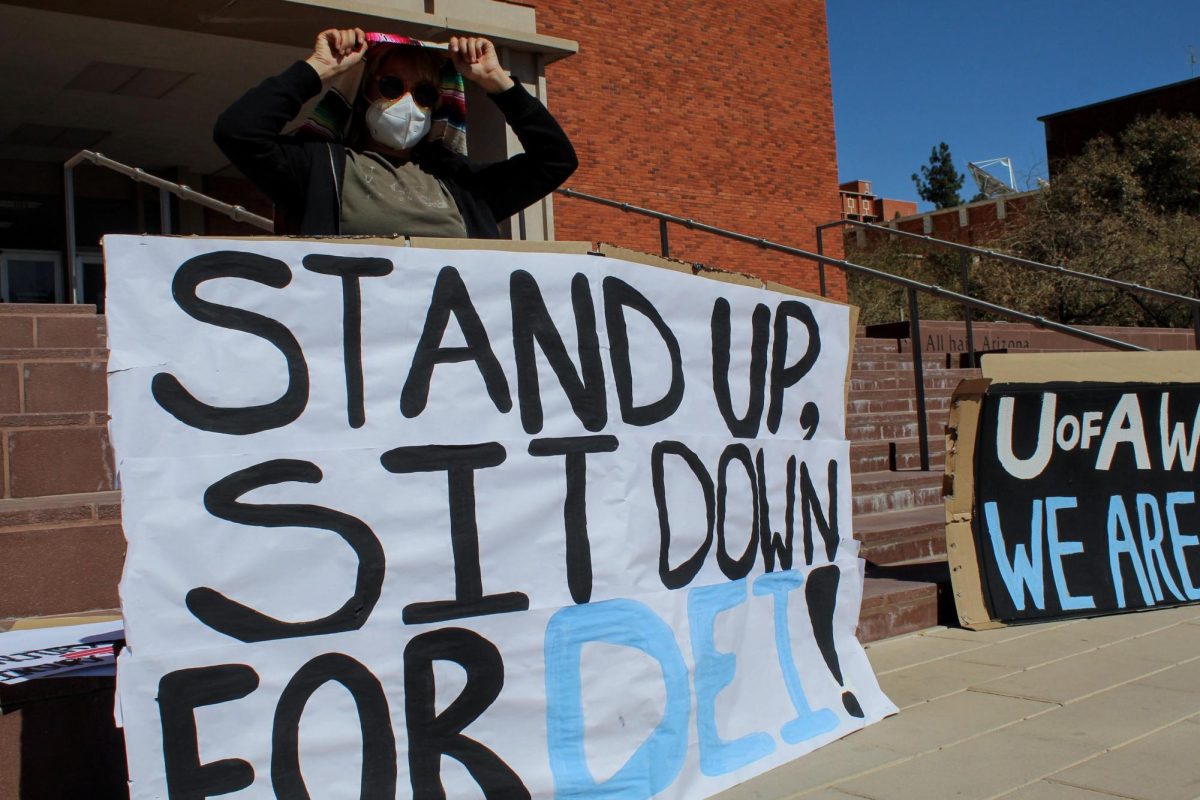After 56 years, the Epsilon Epsilon chapter Delta Tau Delta at the UA has been shut down. The chapter, established in 1959, was the longest continuously active fraternity on campus.
The suspension is the fifth of its kind to occur over the last three years, yet, unlike the disbandment of Phi Gamma Delta, also known as FIJI, this decision was not completely in the hands of UA officials.
On July 2, the Dean of Students Office was called on by the official office of the Delta Tau Delta International Fraternity to disband the chapter after its failure to make significant changes during a probationary period.
“We’ve had a lot of hard-working alumni working with that group for the last three or four months, and our guys just were not changing their behavior for the better,” said Jack Kreman, chief operating officer for the Delta Tau Delta central office. “And our board, based on those things, had indicated in the spring [that] the group needed to improve or this was a potential outcome. Based on these facts, our board decided to proceed with the suspension of the chapter.”
According to university policy, if a chapter’s standing with its international organization is compromised, the UA cannot maintain recognition.
“We want to give the national organization credit for doing what they thought was the right [course of action]: Holding members accountable to their bylaws and their values and taking action,” said Chris Sigurdson, vice president of communications for the Office of University Relations.
Yet, while the central office cites failure to improve operational aspects of the chapter as the main reason for the suspension, UA’s Fraternity and Sorority Programs has confirmed some instances of hazing as a probable cause, as well.
According to Johanne Jensen-Ives, assistant dean of students for Fraternity and Sorority Programs, hazing was the “crux of the issue” during investigations.
“There were some issues they had with physical altercations that occurred with a registered date dash, but the majority of the violations for their code of conduct case that the organization had in the fall was around their new member program and hazing,” Jensen-Ives said.
Hazing, the act of humiliating or exposing others to emotional or bodily harm as a type of initiation ritual, has been among the more prominent causes for loss of recognition for other fraternities on campus, including Pi Kappa Phi and Tau Kappa Epsilon.
While Ives said she does not believe that there has been an increase in hazing, she noted that there has been an increase of reporting of hazing, leading to the loss of recognition for more organizations.
In their official press release, Delta Tau Delta’s national office also cites failure to adhere to the fraternity’s risk-management guidelines and not meeting academic requirements.
As for the Delta Tau Delta fraternity house, located on First Street and privately owned by Delta Tau Delta alumni, decisions are still being made, Kreman noted. Whether the house will be transformed into dorms like the Phi Gamma Delta house or abandoned like the Delta Chi facility remains to
be seen.
The central office hopes to return to the university in the future and reopen the chapter.
“We think the University of Arizona is a world class institution full of fantastic students and we want to be there down the line,” Kreman said. “We just want to be better when we’re back.”









